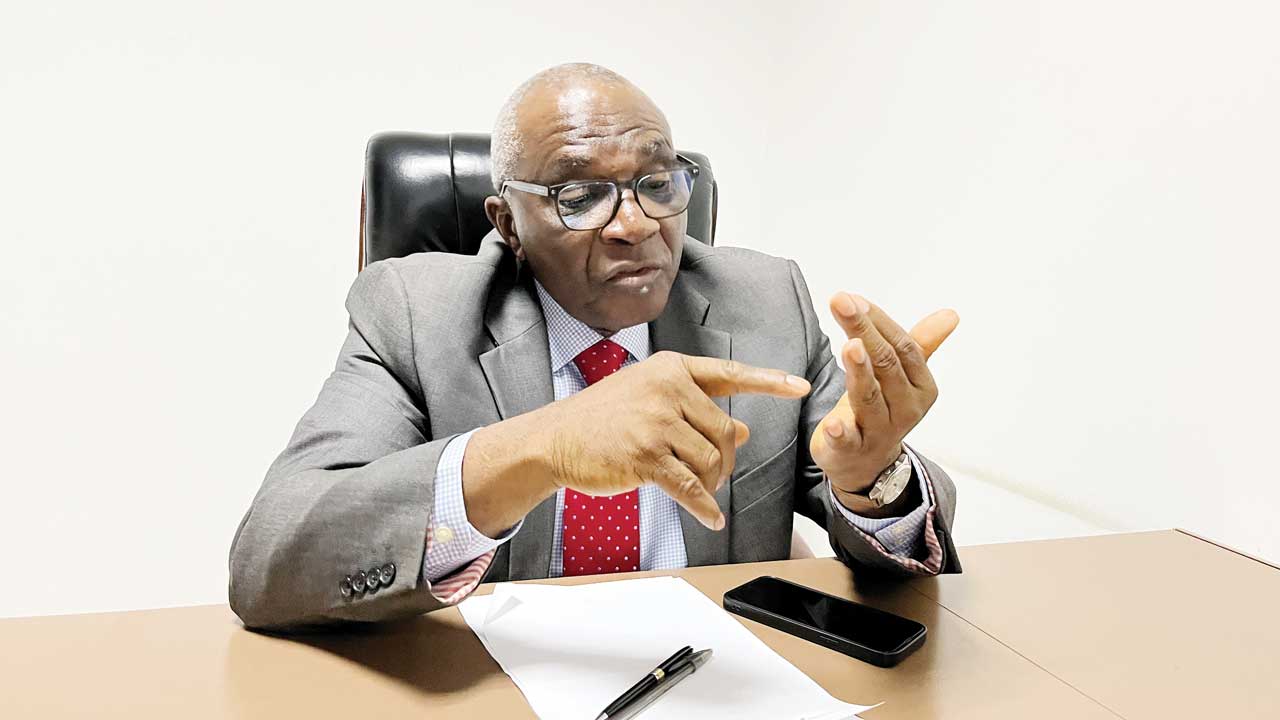The Federal Government is insisting that the era of petrol subsidy is “gone for good.”
It said this while reacting to a leaked draft copy report of the Accelerated Stabilization and Advancement Plan (ASAP) presented to President Tinubu by the finance minister, Wale Edun, on Tuesday.
The ASAP, designed to address key challenges affecting the reform initiatives and stimulate development in various sectors of the economy, showed that the estimated expenditure on fuel subsidy for 2024 is N5.4 trillion, a sum of N1.8 trillion more than the amount spent in 2023.
“At current rates, expenditure on fuel subsidy is projected to reach ₦5.4 trillion by the end of 2024. This compares unfavourably with ₦3.6 trillion in 2023 and ₦2.0 trillion in 2022,” a draft copy of the ASAP presented by Edun read.
Reacting to the development, Bayo Onanuga, Special Adviser to the President on Information and Strategy, in a statement on Thursday, urged the public and the media to disregard the documents.
The statement, titled, ‘Leaked documents on fiscal policy proposals not official’, said: “The attention of the Presidency has been drawn to two fiscal policy documents in circulation that are being given wide coverage by the mainstream media and social media platforms.
“One of the documents titled Inflation Reduction and Price Stability (Fiscal Policy Measure etc) Order 2024 is being shared as if it were an executive order signed by President Bola Ahmed Tinubu.
“The other is a 65-page draft document with the title “Accelerated Stabilisation and Advancement Plan (ASAP), which contains suggestions on how to improve the Nigerian economy. President Tinubu received a copy of the draft on Tuesday.
“We urge the public and the media to disregard the two documents and cease further discussions on them. None is an approved official document of the Federal Government of Nigeria. They are all policy proposals that are still subject to reviews at the highest level of government. Indeed, one has ‘draft’ clearly written on it.”
Onanuga quoted the Coordinating Minister of the Economy as saying: “It is important to understand that policymaking is an iterative process involving multiple drafts and discussions before any document is finalised.
“We assure the public that the official position on the documents will be made available after comprehensive reviews and approvals are completed.
“The government wants to restate that its position on fuel subsidy has not changed from what President Bola Ahmed Tinubu declared on 29 May 2023. The fuel subsidy regime has ended. There is no N5.4 trillion being provisioned for it in 2024, as being widely speculated and discussed.”
He further clarified: “As previously stated by government officials, including myself, President Tinubu announced the end of the fuel subsidy program last year, and this policy remains firmly in place.
“The Federal Government is committed to mitigating the effects of this removal and easing the cost of living pressures on Nigerians.
“Our strategy focuses on addressing key factors such as food inflation, which is significantly impacted by transport costs. With the implementation of our CNG initiative, which aims to displace high PMS and AGO costs, we expect to further reduce these costs.
“Our commitment to ending unproductive subsidies is steadfast, as is our dedication to supporting our most vulnerable populations”.
In December, the government said contrary to the claim by the World Bank that the government is still paying subsidy on petrol, the era of petrol subsidy is “gone for good”.
In April, the former governor of Kaduna State, Nasir El Rufai, said the federal government is spending more on petrol subsidy than before.

 Join Daily Trust WhatsApp Community For Quick Access To News and Happenings Around You.
Join Daily Trust WhatsApp Community For Quick Access To News and Happenings Around You.


